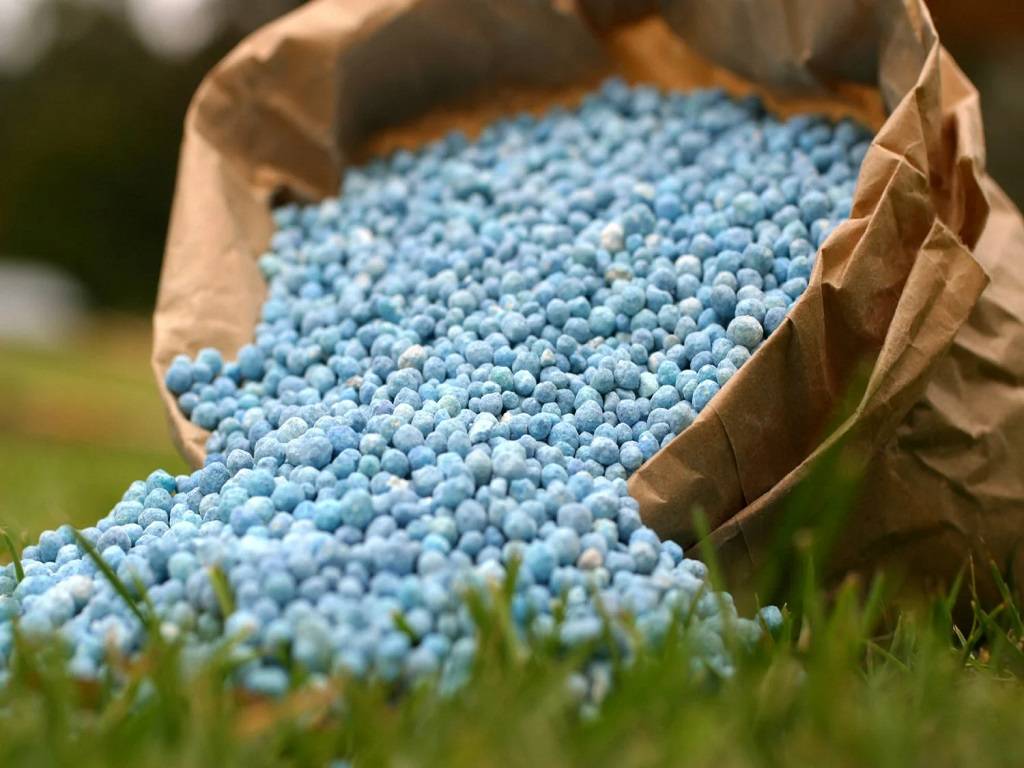
Crisil Ratings Ltd has said in a report that the government’s fertilizer subsidy bill is likely to increase further due to the continuous increase in the prices of pooled natural gas which is the main ingredient for manufacturing urea.
The report also said that the increase in prices could be as high as Rs 40,000 crore over the original budget allotment of Rs 1.05 trillion and the Rs 1.1 trillion subsidies announced later.
The report added that any delay in the allocation and disbursement will likely lead to higher working capital requirements and will moderate the credit metrics of fertilizer makers.
Fertilizer subsidy by the government is a major component of the overall subsidy bill which also includes the food subsidy. The report has also claimed that the government has been proactive in addressing the subsidy requirements of the industry. The report says that in addition to ₹1.05 trillion approved in the Union Budget for this fiscal, an additional subsidy of ₹1.10 trillion was announced in May 2022 to offset surging feedstock and product prices.
While this seemed sufficient to meet this fiscal’s requirements, the continued surge in the price of gas has necessitated further subsidy.
According to the report, the retail selling price of urea is kept as low as 85% below market prices to motivate farmers to utilize fertilizers for increased crop output.
According to the research, the cost of imported urea, which makes up the remaining 15% of volume, is still high at more than $650 per tonne, nearly twice what it was previously.
The credit profile of fertilizer manufacturers has greatly improved over the last two fiscal years as a result of regular subsidy disbursement. According to the report, any accumulation of such debt will lower their credit scores.
















